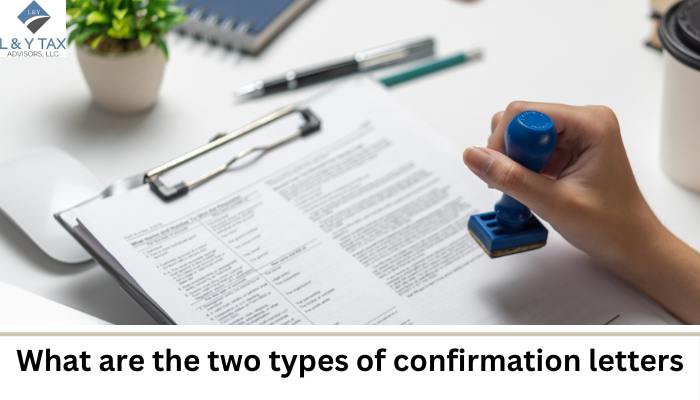
How Do You Report a Going Concern Issue in an Audit Report?
A key principle of financial reporting is the concept of ‘going concern’. But how do you report a going concern issue in an audit report?
For the foreseeable future, which is usually at least a year after the balance sheet date, it is assumed that a firm will continue to operate. Still, there can be circumstances in which this presumption is dubious.
To tackle such situations, you should learn how do you report a going concern issue in an audit report. It is imperative that an auditor properly discloses any possible going concern issue.
How to Evaluate the Need of a Going Concern?
An examination of the going concern assumption is prompted by the following:
Financial Difficulties
Red flags are raised if profitability, liquidity, or solvency trends are declining.
Significant Debt
Excessive debt loads and approaching loan payoff dates may be signs of trouble paying bills.
Loss of Key Personnel or Customers
The departure of important employees or significant customer losses might have a negative influence on operations going forward.
Industry challenges
It may not be possible to remain viable over the long run if you operate in a decreasing sector with falling margins.
Ongoing Legal Disputes
Expensive legal battles with unpredictable results can place a burden on finances and raise questions about the future.
How Do You Report a Going Concern Issue in an Audit Report?
Depending on how serious the going concern uncertainty is, the following reporting strategy is suitable:
Unmodified Opinion with Emphasis on Going Concern
An unmodified (clean) opinion with a ‘going concern’ emphasis paragraph can be released if management has handled the uncertainties through workable strategies and the financial statements fairly portray the situation.
This line makes it clear that the going concern assumption was used in the preparation of the financial statements while highlighting the uncertainties that have been found.
Qualified Opinion
A qualified opinion is given when there is a substantial amount of going concern uncertainty that might affect how the financial statements are presented. The uncertainty will cause the auditor’s report to express a limited assurance.
A description of the particular going concern issues and how they can affect the financial statements can be found in the qualifying paragraph.
Disagreeable Opinion
In the most extreme situations, when there is a great deal of uncertainty regarding the entity’s capacity to continue as a going concern and the financial statements are significantly misstated as a result of the going concern basis not being used, an unfavorable opinion is required.
The disagreement with the going concern assumption used by management and the subsequent substantial misrepresentation in the financials will be made evident in the report.
Follow the guidelines of the IRS & state audit representation.
Importance of Clear and Concise Communication
Whatever reporting strategy is selected, communication must be clear and succinct. The qualifying language or emphasis paragraph should:
- Give a factual description of the uncertainty found. Steer clear of too technical terms.
- Describe how this would affect the entity’s capacity to operate as a going concern.
- If there are any plans by management to resolve the uncertainty, acknowledge them.
- Maintain a professional tone.
The Bottom Line
Learning how do you report a going concern issue in an audit report ensures that stakeholders are informed and given a clear picture of the entity’s financial health and any dangers. Those who utilize financial statements must have access to this information to make wise judgments.


